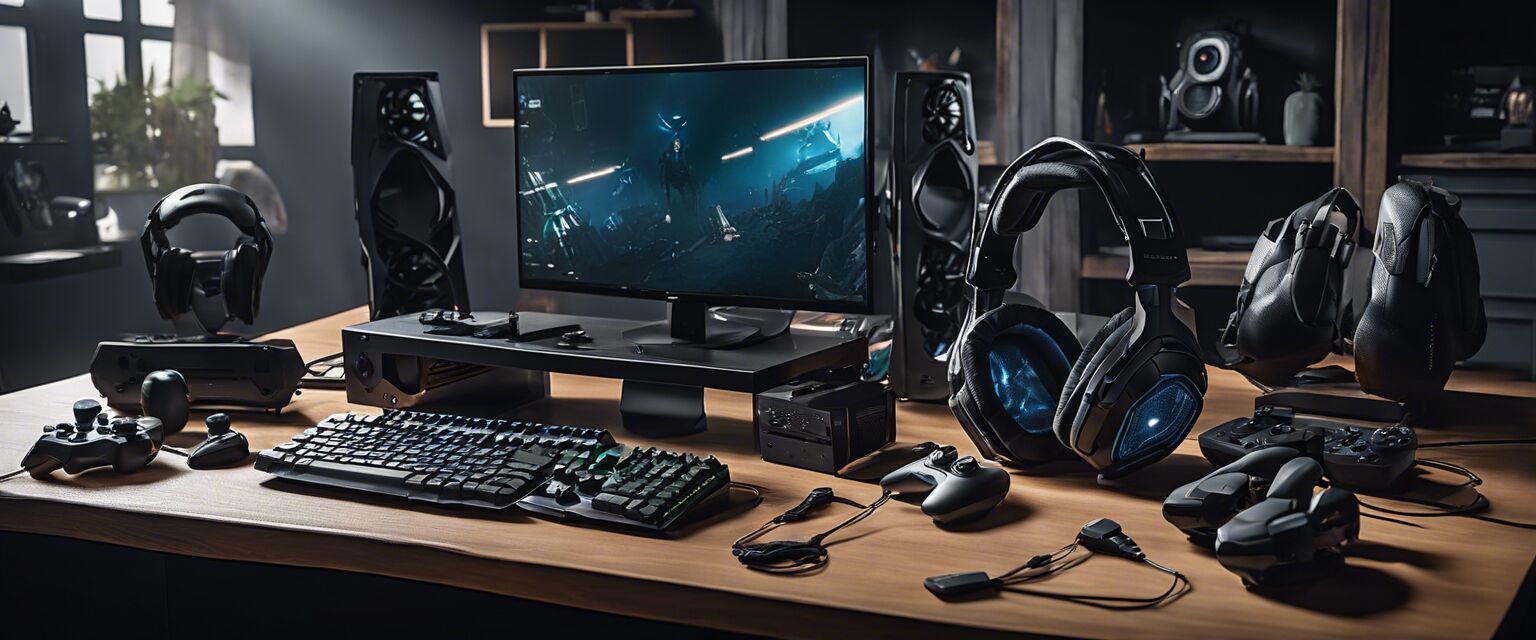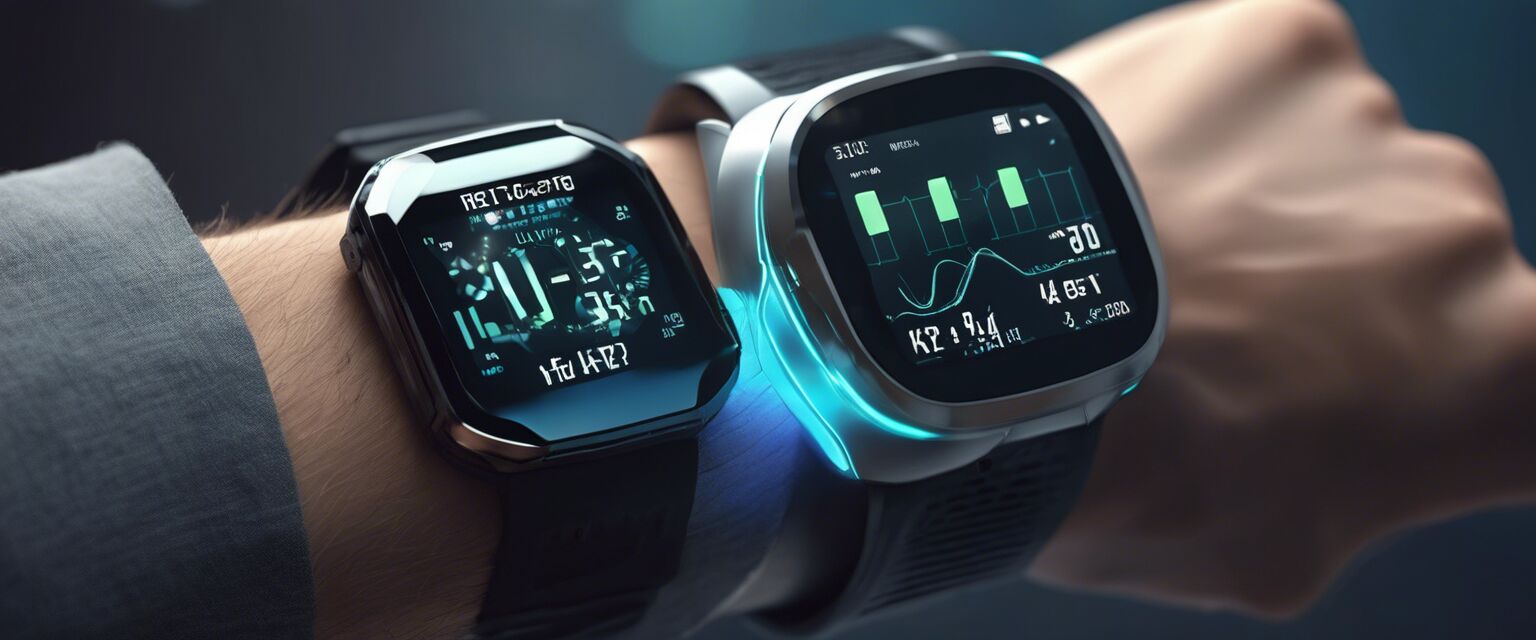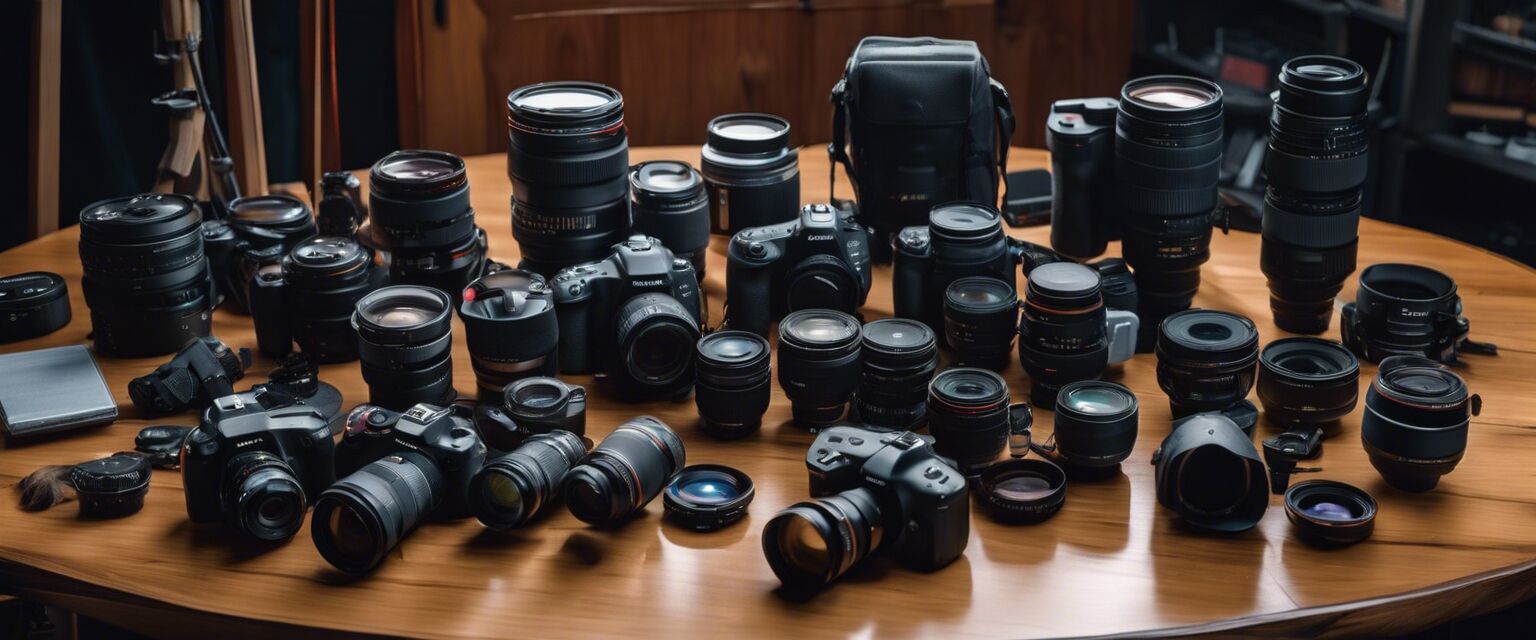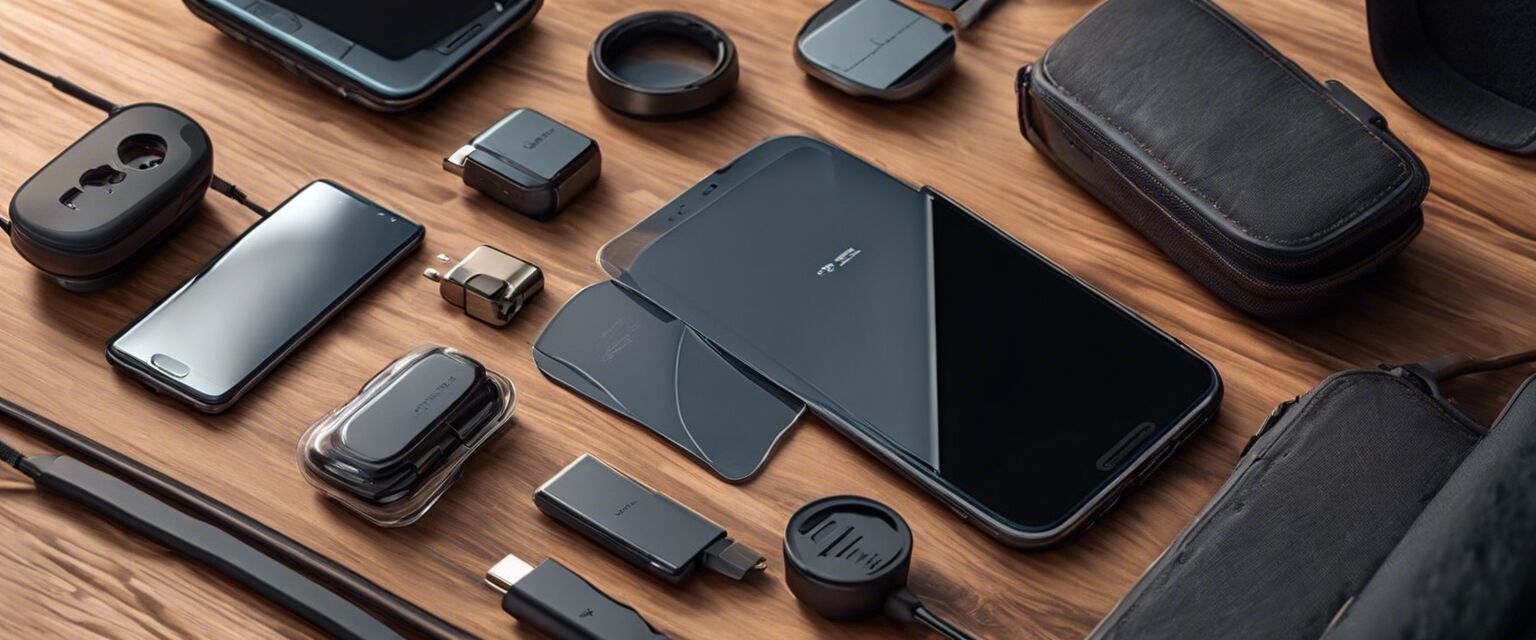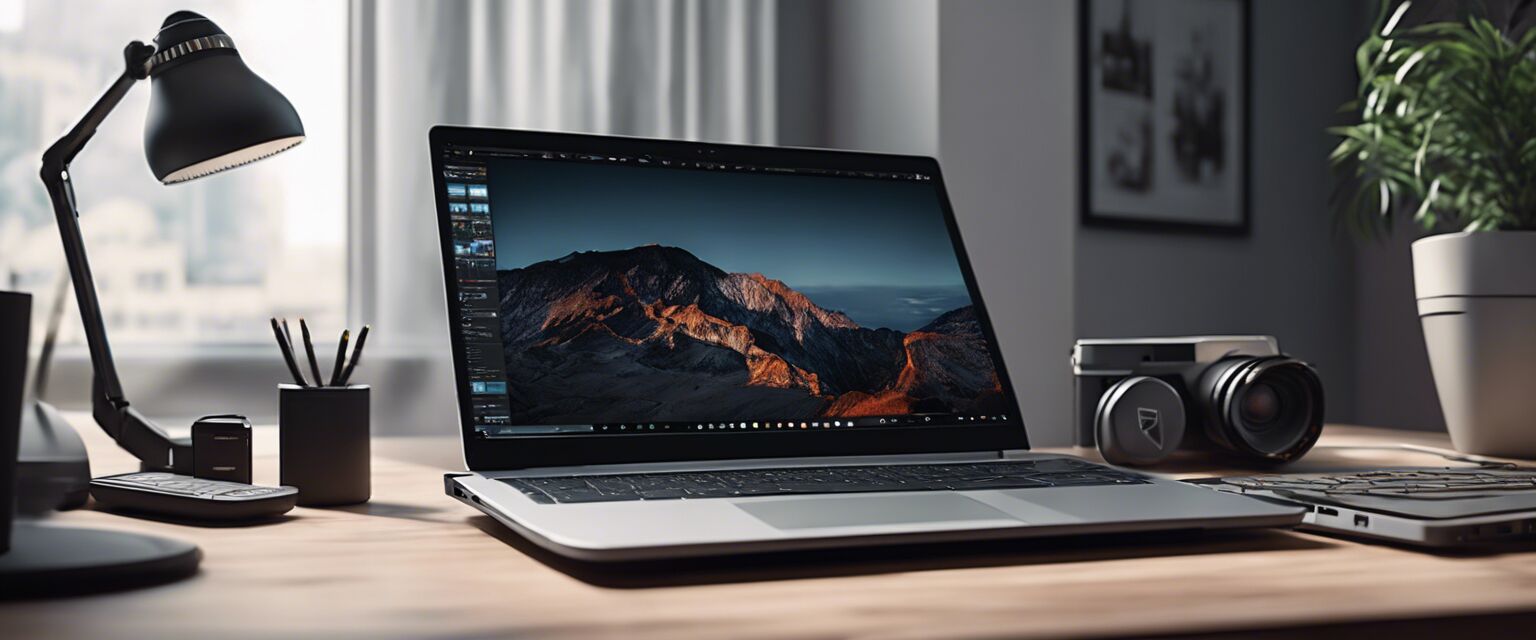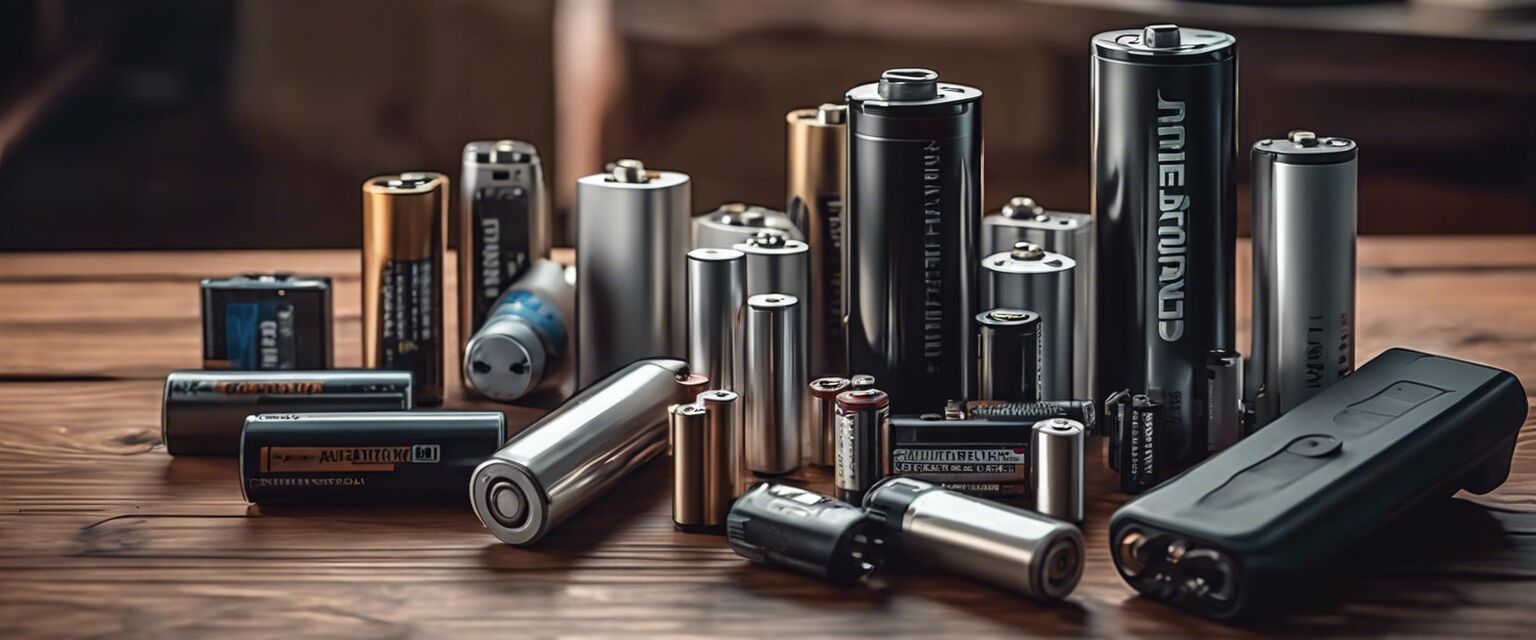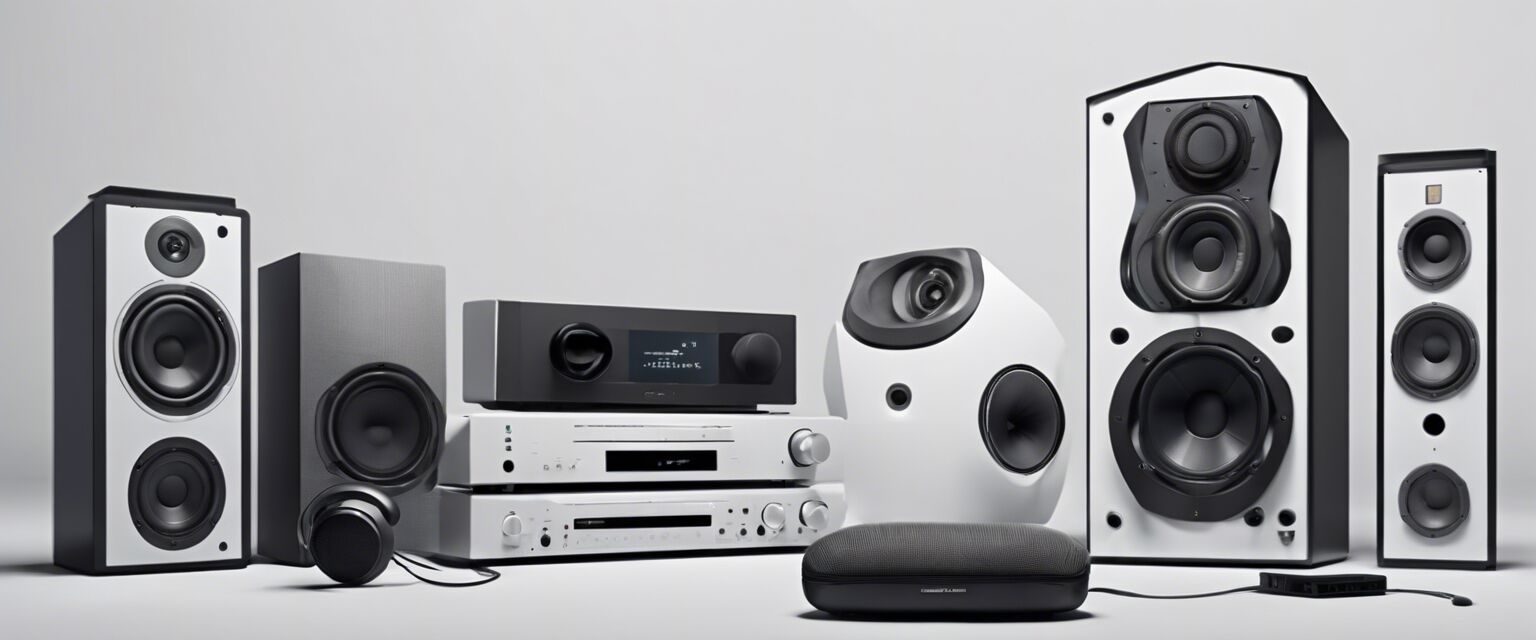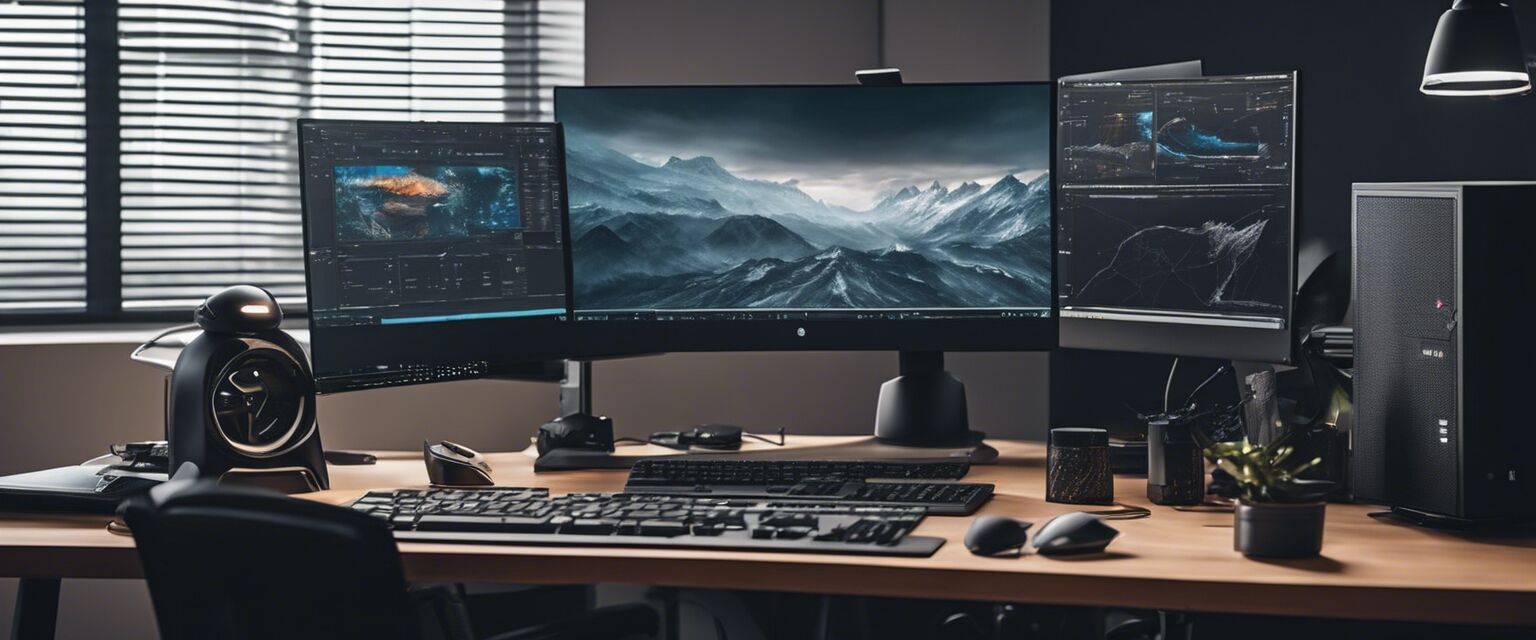
Computer Peripherals: Essential Accessories for Your Setup
Key Takeaways
- Computer peripherals enhance functionality and improve user experience.
- Different types of peripherals serve various needs, from gaming to productivity.
- Choosing the right peripherals can boost efficiency and comfort.
- Regular updates to technology mean staying informed helps in making better choices.
Whether you're a gamer, a professional, or a casual user, having the right computer peripherals can significantly enhance your experience. In this article, we'll dive deep into the essential peripherals you should consider, including keyboards, mice, monitors, and more. We'll also provide insights into their features, benefits, and how they can improve your overall computer experience. Let's explore!
What Are Computer Peripherals?
Computer peripherals are external devices that connect to a computer to add functionality. They can be broadly categorized into three types:
- Input Devices: Allow users to input data into the computer (e.g., keyboards, mice).
- Output Devices: Display or produce data from the computer (e.g., monitors, printers).
- Storage Devices: Store data for later use (e.g., hard drives, USB drives).
Categories of Computer Peripherals
1. Input Devices
| Device | Description | Popular Features |
|---|---|---|
| Keyboard | A device used for typing and inputting commands. | Mechanical switches, backlighting, programmable keys. |
| Mouse | Pointing device to navigate the screen. | Wired/wireless options, ergonomic design, adjustable DPI. |
| Game Controller | Controller used for gaming consoles and PCs. | Customizable buttons, vibration feedback, wireless connectivity. |

2. Output Devices
| Device | Description | Popular Features |
|---|---|---|
| Monitor | Displays visual output from the computer. | High resolution, adjustable stands, eye-care technologies. |
| Printer | Produces hard copies of documents and images. | Wireless connectivity, multi-functionality, high-speed printing. |
| Speakers | Output sound from the computer. | Bluetooth connectivity, surround sound, subwoofers. |
3. Storage Devices
| Device | Description | Popular Features |
|---|---|---|
| USB Flash Drive | A portable device for storing and transferring data. | High capacity, secure encryption, compact design. |
| External Hard Drive | Additional storage for backing up data. | Large capacity, fast transfer speeds, cloud integration. |
| Network Attached Storage (NAS) | Storage device connected to the network, allowing multiple users to access files. | Data redundancy, remote access, media streaming capabilities. |
Choosing the Right Peripherals
Selecting the right peripherals depends on your specific needs and preferences. Consider the following factors:
- Compatibility: Ensure the device is compatible with your computer's operating system.
- Functionality: Determine what features are necessary for your work or leisure activities.
- Ergonomics: Comfort is key, especially for devices you use frequently.
- Budget: Higher-end devices may offer better performance but ensure they fit your budget.
Pros
- Enhances productivity and comfort.
- Greater control and precision in tasks.
- Increases immersion in gaming experiences.
- Offers additional features that may improve workflow.
Cons
- Can be costly, especially high-end devices.
- May require updates and maintenance.
- Learning curve associated with advanced devices.
Popular Brands to Consider
When choosing computer peripherals, consider well-established brands known for their quality products. Some of the leading brands include:
- Logitech: Known for mice and keyboards with innovative features.
- Razer: Specializes in gaming peripherals that offer precision and customization.
- ASUS: Offers high-quality monitors designed for productivity and gaming.
- Seagate: Renowned for reliable external storage solutions.

Future Trends in Computer Peripherals
As technology evolves, so do computer peripherals. Here are some trends to keep an eye on:
- Wireless Technology: Increased demand for wireless devices is leading to improved battery life and performance.
- Smart Integration: Peripherals are becoming smarter with built-in AI features for enhanced usability.
- Customizable Devices: More peripherals will offer customizable options for a personalized user experience.
- Sustainable Technology: Brands are focusing on eco-friendly materials and energy-efficient designs.
Beginner Tips for Selecting Peripherals
- Start with the basics: a good keyboard and mouse.
- Look for reviews and ratings to ensure product quality.
- Consider testing devices in-store if possible.
- Create a budget and prioritize your needs over wants.
- Research compatibility with your computer before purchasing.
Conclusion
Computer peripherals play a crucial role in enhancing your computing experience. From improving productivity to elevating gaming sessions, the right devices can make all the difference. With a range of options available, it's essential to choose wisely and consider your individual needs and preferences. Stay updated on the latest trends and technology to ensure your setup remains optimal. For more information on specific types of peripherals, check out our additional resources on audio equipment, gaming accessories, and laptops and computers.
